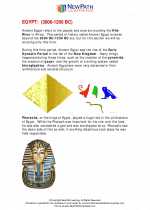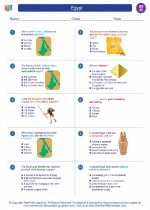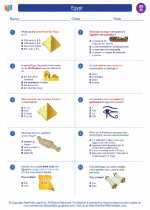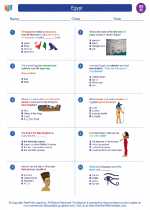Hirohito: The Emperor of Japan
Hirohito, also known as Emperor Showa, was the 124th Emperor of Japan. He reigned from 1926 until his death in 1989, making him one of the longest-reigning monarchs in Japanese history.
Early Life and Education
Hirohito was born on April 29, 1901, in Tokyo, Japan. He was the first son of Crown Prince Yoshihito, who later became Emperor Taisho. Hirohito was educated by private tutors and attended the Peers' School and the Crown Prince's Institute.
Role in World War II
During World War II, Hirohito's role in the Japanese government and military was a subject of controversy. While he was officially the symbol of the state and the unity of the Japanese people, he was also seen as having some degree of responsibility for the actions of the Imperial Japanese Army and Navy.
Post-War Reign
After Japan's defeat in World War II, Hirohito's status as a divine figure was abolished, and he was forced to publicly renounce his divinity. However, he was allowed to remain Emperor, albeit with reduced powers. He played a key role in Japan's post-war reconstruction and democratization.
Legacy
Hirohito's reign witnessed significant changes in Japan, from rapid industrialization to the devastation of World War II and subsequent recovery. His reign also saw Japan transition from a militaristic and expansionist power to a democratic and pacifist nation.
Study Guide Questions
- When was Hirohito born, and what was his full title?
- What role did Hirohito play during World War II?
- How did Hirohito's status change after Japan's defeat in World War II?
- What were some of the significant changes that occurred in Japan during Hirohito's reign?




